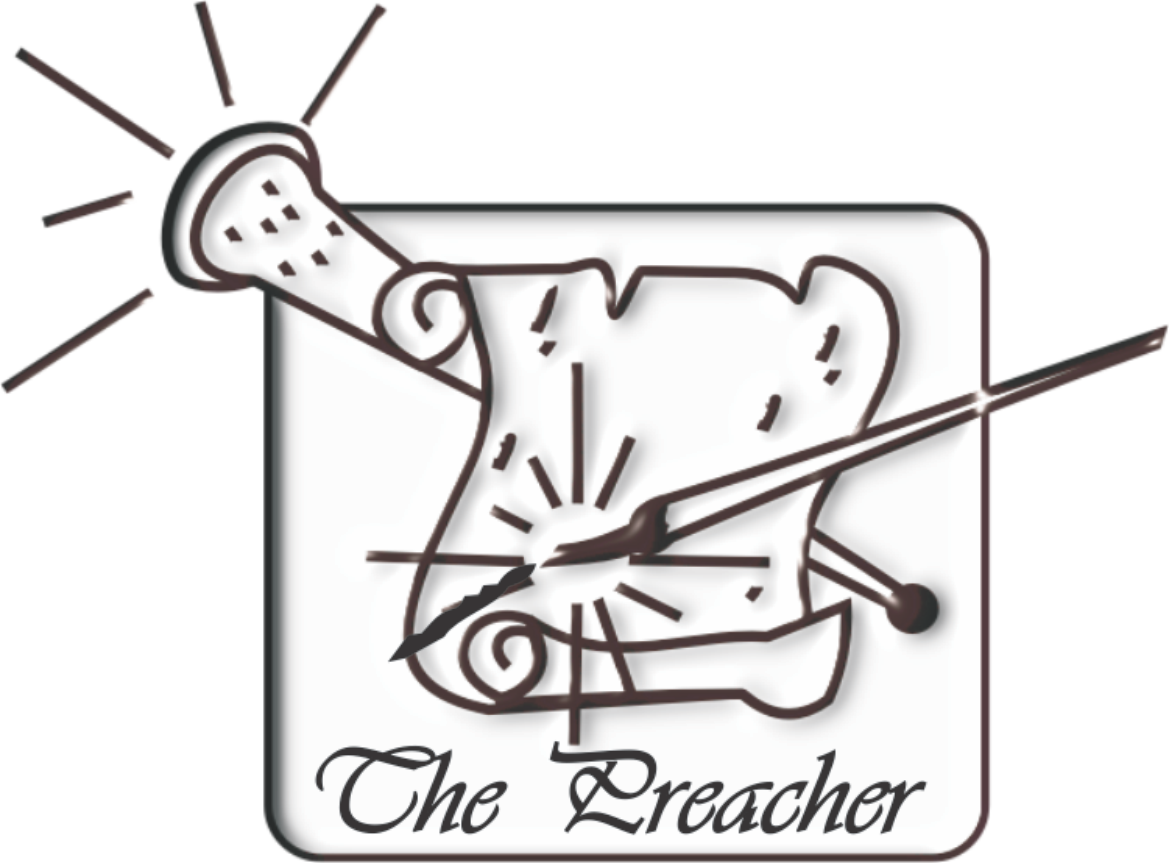Have you ever been at any of those meetings where some honourable man refused to step out because he was not “properly introduced,” meaning that his string of titles and achievements were not ‘duly’ acknowledged in the introduction? Sad, especially where it involved a clergyman.
A few years ago, driving through a city, I saw a board advertising a Christian event. What caught my attention was the string of the titles of the patron or designated speaker at the event; he was Evangelist Chief Rev. Dr Somebody, or something like that; about three or four titles before the name. This appears to be more an African fad. If Billy Graham had been an African, he might not have been simply Billy Graham. If Kenneth Hagin had been an African, it might have been unthinkable that he would allow himself to be simply called “Brother Hagin.” For John Wesley, even after so many years, the culture would have considered it very irreverent to call the hallowed name without some honourary prefix.
Sometimes I wonder what title(s) we might have given to Jesus if He were a preacher in our day. Even if He did not give Himself one, His followers would surely have found something for Him, because simply “Jesus” would have been too ordinary for a mighty man of God such as He. They might very properly and respectfully have given Him the trending title of Papa or Daddy, even if some of those were his grandfathers in earthly terms.
In the contemporary ministry of the prophet, it could be a grave offence to call up someone who believes themselves to be a prophet and not append the title to their name. Does the title make the prophet? The matter is not the title but the heart that seeks it, or the pride that repudiates it. In the Bible, there were great messengers of God who carried no title that described their mission, and others who did. For example, by what title might we have called Moses? Paul, on the other hand, introduced himself often as an apostle (Romans 1:1; 1 Corinthians 1:1; 2 Corinthians 1:1; Galatians 1:1; Ephesians 1:1, etc.).
Nobody called Abraham a prophet, but that was how God introduced him to a heathen king: “for he is a prophet” (Genesis 20:7). He carried the mantle without bothering about the title. People never called him by the title of a prophet, but God said that he was. Which is greater, the recognition and accolade of mortals or that of God? It was never taught me in Sunday School that Abraham was a prophet. If I asked you to list ten great prophets in the Bible, you might start with Elijah, then Elisha, and probably close with Jonah, but very unlikely to have Abraham on your list. So, what makes the prophet?
In the Bible, Nathan was called a prophet, and he was (2 Samuel 7:2; 12:25; 1 Kings 1:8, 10); so were Elijah and Elisha (1 Kings 18:36; 2 Kings 3:11). On the contrary, Amos did not even believe himself to be a prophet, let alone call himself by the title, yet he was. He said of himself, “I was no prophet, neither was I a prophet’s son.” He introduced himself merely as a farmer. He went simply by the professional title of his trade: “I was an herdman, and a gatherer of sycomore fruit” (Amos 7:14). That is like saying, I am merely Farmer Amos, or Dr Amos, or Captain Amos, or simply Mr. Amos, but certainly not Prophet Amos. He didn’t carry the title and didn’t care about it, but he was. Of Jezebel in the New Testament, it is said that she “calleth herself a prophetess,” but Heaven had a problem with her. She was not what she called herself (Revelation 2:20).
If you are not what people call you, especially what you make people to call you, you are a lie. First be, then the name might follow. The name alone does not make the man; the man makes the name. There appear to be four scenarios from the examples presented:
1) Abraham: Nobody ever called Abraham a prophet; he also did not call himself by that title, but Heaven recognized and announced him as one.
2) Jezebel: She carried the elaborate title of a prophetess, but God said that it was fake. Her lifestyle was a contradiction to her flashy titular claims.
3) Amos: He declined the title of a prophet, especially as he was not from the lineage of prophets and never had the training of a prophet. He rather designated himself by a secular ‘title,’ but he was a prophet.
4) Nathan: Nathan, Elijah, Elisha, Paul all had titles, and they were what their titles said.
In essence, the matter is not the title, but it could be a wrong spirit to seek the title merely for the prestige or power it offers. Strangely, it could also be subtle pride to renounce titles because they are considered vainglorious, and to rather adopt ‘modest’ (holier) titles. It is better to be bigger than the title one carries, than be less. The title does not make the ministry.
From The Preacher’s diary,
March 24, 2025.








